Black non-denominational churches have a long history in the US, and continue to play an important role in the Black community. In Houston, there are many different Black non-denominational churches to choose from, each offering a unique spiritual experience that is deeply rooted in Black culture and history. Whether you are looking for a supportive community, a connection to Black culture and history, or an innovative approach to worship, a Black non-denominational church may be the perfect spiritual home for you.
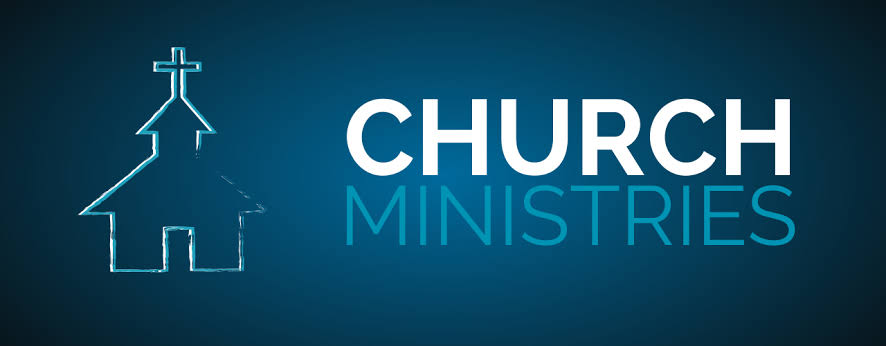
Black Non-denominational Ministries In Houston Texas; Ministries in Christianity is usually headed by ministers who have been generally recognized and ordained to be called ministers or pastors over a church. Protestant ministries believes that salvation comes by divine grace, affirming that the bible is the highest authority therefore, a believer should always thrive to live and abide by biblical standards.

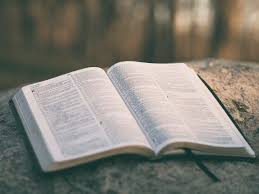
For example, the youth pastors, Sunday school teachers, women’s leader, men’s coordinators and music directors.



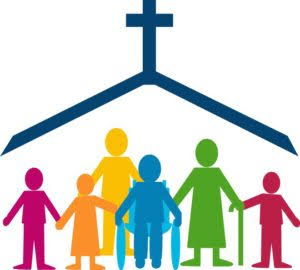
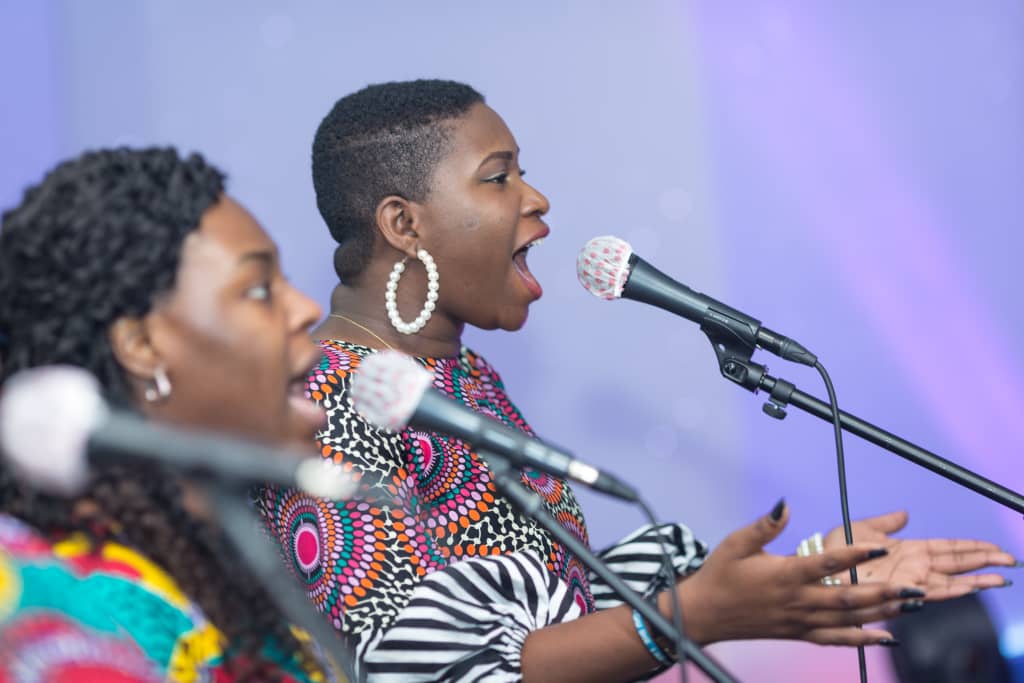
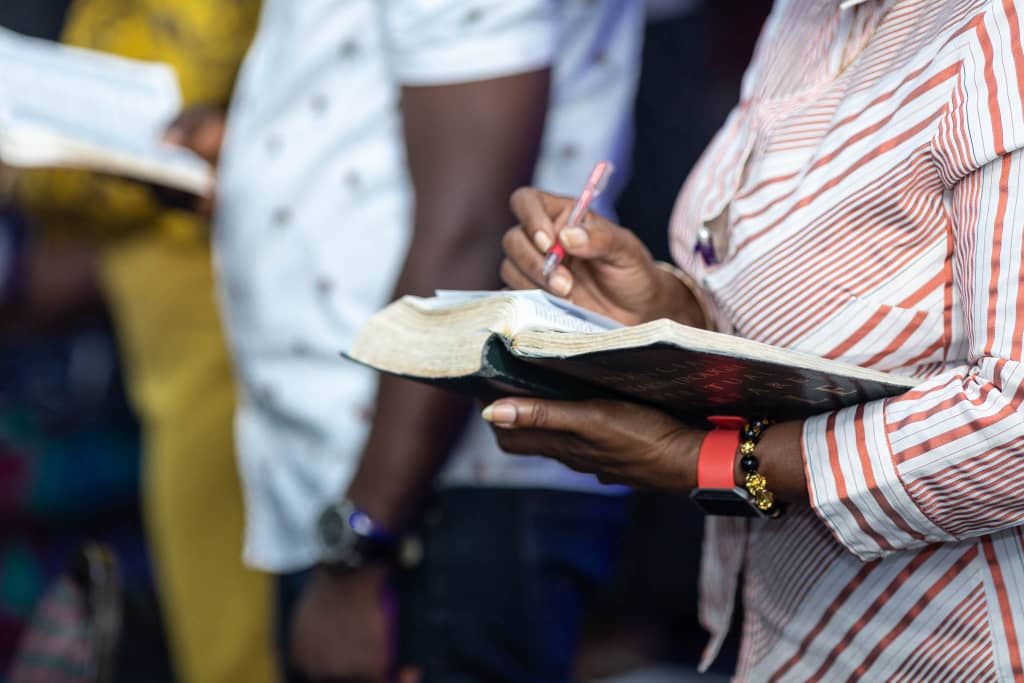
This Christian church is overseen by individual pastors, elders or communities who see the need to breakout from the traditional denomination as a result of their rigid nature and doctrinal principles that are mostly considered not to have biblical backings. By setting up some modus operandi that will provide a more conducive atmosphere for worship, people of the society are given the opportunity to know God for themselves through teachings and practices that reflects who Jesus is, using the bible as a standard.
Basically, in a non-denominational church, there are no set rules or principles as members of the church have a direct impact in the decision making process of the church unlike conventional denominations where this process is delegated to only but a selected few. A non-denominational church is flexible in nature and can easily adapt to societal conditions as long as it does not drift away from biblical principles most importantly the teachings of Christ. Also, people in a non-denominational church are not restricted to a particular method of worship.
In the second half of the 19th century, non-denominational churches began to grow and gain widespread particularly in the United States of America, one of such churches was the Churches of Christ. While in other regions like in Asia the non-denominational churches started gaining momentum in the 1990s.
The non-denominational churches gaining widespread within Houston are Lakewood church, Grace community Church, Omega Fire Ministries, New Hope Church among so many others.
Cons: one of the major challenges faced by the non-denominational church is its inability to thrive financially unlike the denominational churches that are known for its wider audience.
Secondly, in a situation where there is a misunderstanding in the body, there is likely to be a faction of groups. This is because of its autonomous nature and inability to respond to a higher authority, making it more tedious to settle disputes.
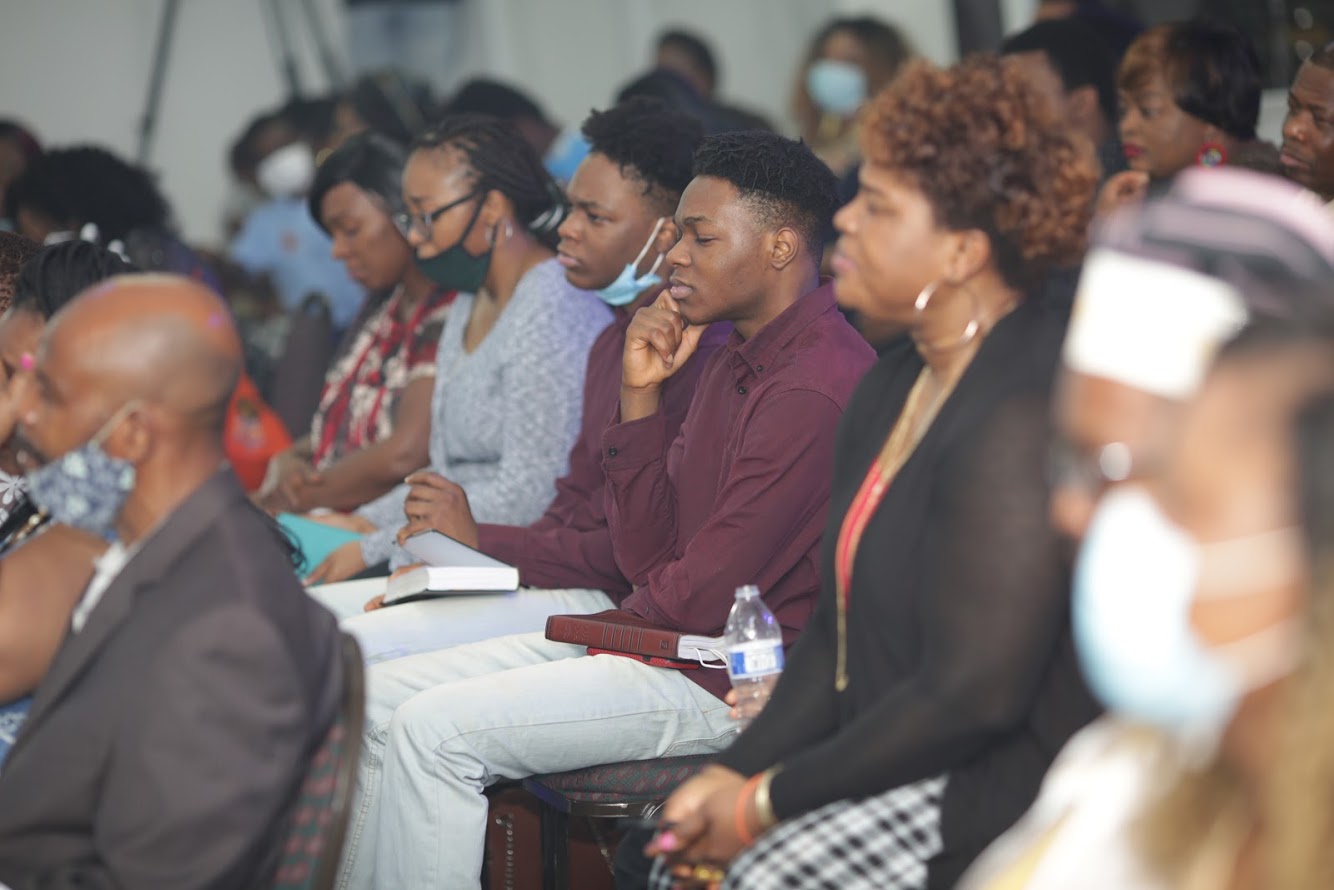
Omega Fire Ministries Houston is not distant from you, contact for services times and to enquire more about the church.
Houston, TX is home to a diverse community of churches, each with its own unique traditions and practices. However, in recent years, more and more people have been turning to non-denominational churches for their spiritual needs. Non-denominational churches offer a more flexible and personalized approach to worship, free from the restrictions and hierarchies of traditional denominational churches.
Black non-denominational churches, in particular, provide a spiritual experience that is deeply rooted in Black culture and history. They offer a welcoming environment for all who seek a deeper connection with their faith, and provide a supportive community for Black people who may feel marginalized or excluded from traditional denominational churches.
In this guide, we will take a closer look at what makes Black non-denominational churches in Houston, TX so special, and provide a guide to some of the most notable churches in the area.

Houston’s Black Non-Denominational Church Scene
Houston is home to a diverse community of churches, with many different denominations and traditions represented. However, in recent years, there has been a growth in the number of Black non-denominational churches in the area.
These churches offer a unique spiritual experience that is deeply rooted in Black culture and history, and provide a welcoming environment for all who seek a deeper connection with their faith. They often place a strong emphasis on community and fellowship, and provide a supportive environment for Black people who may feel marginalized or excluded from traditional denominational churches.
Notable Black Non-Denominational Churches in Houston
There are many notable Black non-denominational churches in Houston, each with its own unique history and traditions. Some of the most notable include:
1. Omega Fire Ministries (OFM): was birthed to restore the joy of men, causing men to manifest destiny, becoming the best God created them to be and frustrating the wickedness of the enemy.
2. Lakewood Church: This church, led by Pastor Joel Osteen, is one of the largest non-denominational churches in the country. It offers a variety of services and programs, including a Spanish-language service and a program for special needs children.
3. Wheeler Avenue Baptist Church: This historic church has been a fixture in Houston’s Black community since 1962. It offers a variety of services and programs, including youth programs and a food pantry.
4. The Fountain of Praise: This church is known for its lively worship services and vibrant music ministry. It also offers a variety of outreach programs, including a food pantry and a program for at-risk youth.
5. Windsor Village United Methodist Church: This church, led by Pastor Kirbyjon Caldwell, is one of the largest United Methodist churches in the country. It offers a variety of services and programs, including a health clinic and a program for ex-offenders.
6. The Church Without Walls: This church, led by Pastor Ralph Douglas West, is known for its innovative approach to worship and its focus on community outreach. It offers a variety of services and programs, including a job fair and a program for single parents.
What to Expect at a Black Non-Denominational Church Service
If you are considering attending a Black non-denominational church in Houston, you may be wondering what to expect. Here are a few things to keep in mind:
1. Music and Worship Style:
Black non-denominational churches often have a lively and energetic worship style, with music playing a central role. Expect to hear a mix of gospel, contemporary, and traditional hymns, and be prepared to join in the singing and dancing.
2. Sermon Style and Content:
The sermons at Black non-denominational churches may be more personal and conversational than those at traditional denominational churches. They often incorporate real-life examples and stories, and may address social and political issues.
3. Dress Code and Atmosphere:
Black non-denominational churches often have a relaxed and informal atmosphere, with a dress code that is more casual than traditional denominational churches. Expect to see people dressed in everything from jeans and t-shirts to their Sunday best.
4. Congregation Demographics:
Black non-denominational churches may have a diverse congregation, but they often attract a primarily Black audience. This can provide a sense of community and solidarity, but it’s important to remember that these churches are open to all who seek a spiritual home.
Why Attend a Black Non-Denominational Church?
There are many reasons why someone might choose to attend a Black non-denominational church in Houston. Here are just a few:
Connection to Black Culture and History: Black non-denominational churches often incorporate elements of Black culture and history into their worship and programming, providing a sense of connection and identity for Black people.
Supportive Community: Black non-denominational churches often place a strong emphasis on community and fellowship, providing a supportive environment for those who may feel marginalized or excluded from traditional denominational churches.
Innovative Approaches to Worship: Black non-denominational churches may offer innovative approaches to worship that incorporate different styles of music, dance, and other art forms.
Personalized Spiritual Experience: Black non-denominational churches may offer a more personalized spiritual experience than traditional denominational churches, with a focus on building relationships and meeting the unique needs of each individual.
Conclusion
Black non-denominational churches have a long history in the US, and continue to play an important role in the Black community. In Houston, there are many different Black non-denominational churches to choose from, each offering a unique spiritual experience that is deeply rooted in Black culture and history. Whether you are looking for a supportive community, a connection to Black culture and history, or an innovative approach to worship, a Black non-denominational church may be the perfect spiritual home for you.
FAQs
Are Black non-denominational churches only for Black people?
No, Black non-denominational churches are open to all who seek a spiritual home, regardless of race or ethnicity.
Are Black non-denominational churches affiliated with any particular denomination?
No, Black non-denominational churches operate independently and are not affiliated with any particular denomination.
Are Black non-denominational churches the same as Pentecostal or charismatic churches?
Not necessarily. While some Black non-denominational churches may incorporate elements of Pentecostal or charismatic worship, not all do.
What is the dress code at a Black non-denominational church?
The dress code at a Black non-denominational church is often more relaxed and informal than at traditional denominational churches, but it can vary from church to church.
Do Black non-denominational churches offer programs for children and youth?
Yes, many Black non-denominational churches offer programs for children and youth, including Sunday school, youth groups, and summer camps.
Looking for a Black church near you? Read this guide to find the perfect place to worship and connect with your community.
Introduction:
For many people, finding a church that feels like home is an important part of their spiritual journey. Whether you’re new to the area or just looking for a change, finding a Black church near me can be a wonderful way to connect with like-minded individuals and deepen your faith. However, with so many different denominations, traditions, and styles of worship out there, it can be tough to know where to begin. In this guide, we’ll explore some tips and strategies for finding the right Black church near you, and some of the benefits of worshiping in a community that shares your values and experiences.
Black Christian Church Near Me; Search engine optimization (SEO) is the practice of optimizing online content to increase its visibility and ranking in search engine results pages (SERPs). This can be an effective way for Black Christian churches to connect with potential members who are searching for a church nearby. Specifically, optimizing for the search term “Black Christian Church Near Me” can help churches appear higher in SERPs when people search for that phrase.
To start optimizing for this search term, churches can focus on creating content that includes relevant keywords, such as “Black Christian Church,” “worship,” “Bible study,” and “fellowship.” They can also include location-specific keywords, such as the name of the city or neighborhood where the church is located. This can help Google and other search engines understand that the church is relevant to people searching for Black Christian churches in that specific location.
Other SEO tactics that can help Black Christian churches improve their visibility in search results include building backlinks from reputable websites, optimizing their website for mobile devices, and ensuring that their website loads quickly. By implementing these tactics and creating content that is relevant to people searching for a “Black Christian Church Near Me,” churches can increase their visibility in search results and reach more potential members in their local community.
For many African Americans, the black church is more than just a place of worship—it’s a hub of social and cultural life, a source of hope and resilience, and a symbol of the struggle for equality and justice. From the days of slavery to the civil rights era and beyond, black churches have played a vital role in shaping the spiritual, social, and political landscape of our nation. If you’re looking for a black church near you, you’re in luck. Whether you’re new to the area or simply exploring your options, there are many vibrant and welcoming black congregations across the country. In this article, we’ll explore the rich history and traditions of the black church, provide tips for finding a congregation near you, and answer some common questions about what to expect when you attend a black church service.
The History and Culture of the Black Church
The black church has a long and storied history that dates back to the earliest days of African American enslavement in America. In the face of unspeakable cruelty and oppression, enslaved Africans found solace and hope in the Christian faith, which offered the promise of a better life in the world to come.
Over time, these enslaved Africans began to develop their own distinct forms of Christian worship, blending elements of African spiritual traditions, European liturgy, and American gospel music to create a style of worship that was uniquely their own. This gave rise to the African Methodist Episcopal (AME) church, the oldest independent black denomination in the world, founded in 1816.
As African Americans gained their freedom and began to establish their own communities, the black church became a vital center of social, cultural, and political life. Black churches provided not only a place of worship but also a forum for education, organizing, and advocacy. They played a critical role in the abolitionist movement, the civil rights movement, and many other struggles for justice and equality.
Today, the black church continues to be a powerful force for change and empowerment in the African American community. It remains a place of spiritual nourishment, cultural expression, and social connection, where people of all ages and backgrounds can come together to worship, learn, and grow.
Finding a Black Church Near Me
If you’re interested in finding a black church near you, there are several resources you can use to start your search:
Online directories: There are many online directories of black churches, such as BlackChurches.org and ChurchFinder.com. These directories allow you to search for churches by location, denomination, and other criteria.
Word of mouth: Ask friends, family, and coworkers if they know of any black churches in your area. Personal recommendations can be a great way to find a church that is a good fit for you.
Social media: Many churches have a presence on social media platforms like Facebook and Twitter. You can use these platforms to connect with churches in your area and learn more about their services and programs.
Local events: Check out local events in your community, such as festivals, concerts, and cultural celebrations. These events may be sponsored by local churches and can be a great way to learn more about the black church community in your area.
Why Choosing a Black Church Near Me Matters
When it comes to finding a church, there are a lot of different factors to consider. Some people prioritize proximity to their home or workplace, while others are more concerned with the specific denomination or style of worship. However, for many Black people, finding a Black church near me is about more than just convenience or preference. Here are a few reasons why:
Community: For many Black people, church is not just a place to worship, but a place to connect with others who share their experiences and struggles. A Black church can offer a sense of community and belonging that can be hard to find elsewhere.
Black Christian Church Near Me, Black Christian Church Near Me, Black Christian Church Near Me, Black Christian Church Near Me